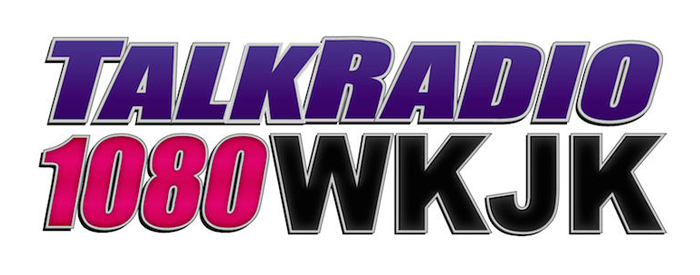Fake Online Reviews
 I’ve had numerous discussions with clients, including law firms and other businesses, about the impact of fake online reviews. In fact, I served as an expert witness in a 2018 internet defamation law suit. My client, the plaintiff’s attorney, secured a $1,500,000 judgement based partly on my pre-trial consulting and subsequent testimony.
I’ve had numerous discussions with clients, including law firms and other businesses, about the impact of fake online reviews. In fact, I served as an expert witness in a 2018 internet defamation law suit. My client, the plaintiff’s attorney, secured a $1,500,000 judgement based partly on my pre-trial consulting and subsequent testimony.
A recent podcast about a company that hired a law firm based on what it later claimed were fraudulent online reviews caught my eye this week. The company claimed family and friends were encouraged to post fake online reviews for the law firm.
Online reviews can have a significant impact on a prospective client’s decision to either hire your company or to avoid you.
Let’s consider 2 issues. First, generating authentic online reviews. Second, how impactful are these reviews?
Generating Authentic Online Reviews
As Google, Facebook and other online platforms continue to focus on highlighting online reviews, many companies are rushing to make sure they have them. Encouraging customers/clients to post online reviews is important. However, you want to make sure the reviews are authentic.
It’s never a good idea to offer an enticement in return for a positive review. You’re treading on thin ice. Depending upon your type of business, you may have professional standards preventing you from engaging in this type of activity.
It’s also not a good idea to provide a computer, in your office or lobby, to encourage client reviews. You might get flagged if the platform notices a number of your reviews are being generated by a common IP address. You can however, safely send any client a list of links to various online platforms to enable them to easily rate/review you.
Most importantly, avoid even the thought of paying an individual or group of individuals for online reviews. They will come across as insincere and may expose you to legal liability. Now, this is different from companies offering to aggregate existing online reviews and subsequently post them to your website or social media. The latter is a common industry practice.







